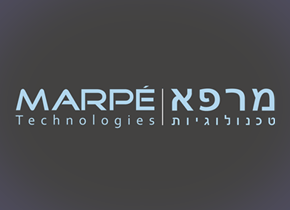
 Project Details
Project DetailsMelanoma skin cancer is common and deadly, and its diagnosis today requires a manual examination by a dermatologist. Any spot on the patients body marked by the doctor as suspicious should be examined using a dermoscope (polarized light photography), as this is the only way to determine whether the mole is malignant or not. Marpe Technologies develops a system that scans the patients body in visible light using a high-resolution camera, detects suspicious moles, and sends them to examination by a dermatologist with a dermoscope, thus saving the doctors manual examination time. Previous SIPL project aimed at improving this classification achieved a 99.8% accuracy on data classified by a technician. Our projects goal was to achieve high classification accuracy on data tagged by a doctor and to see if we could use binary masks to improve classification accuracy. On data tagged by a doctor using transfer learning and pre-processing with masks, we achieved 99.4% accuracy and 87% true positive rate.

